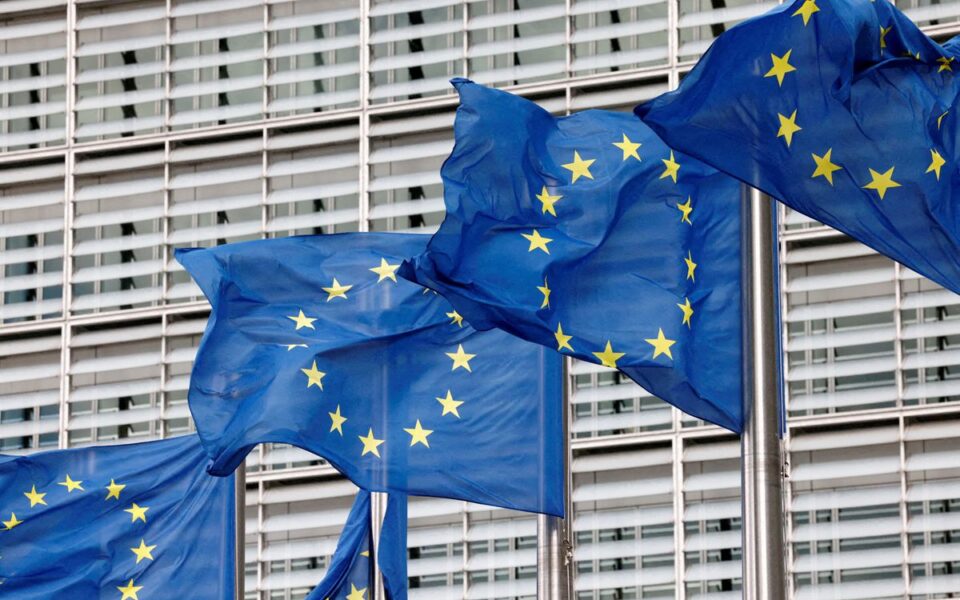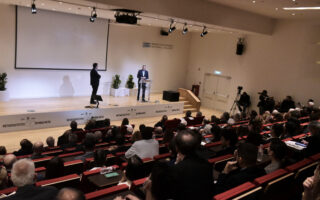‘Stability is not the same as inertia’

Mario Draghi’s findings in his report “The Future of European Competitiveness,” and the concerns of academics, professionals and entrepreneurs, lead to the conclusion that Europe is not just at a critical point, it is on a cliff’s edge. High ambitions and a lack of strategy threaten the Union’s security and prosperity. Competition with China and the United States, and rising geopolitical uncertainty, demand a strong and decisive response from Europe. But today such a reply does not seem likely. A few critical sectors prove this.
With its Green Deal, the EU set itself more ambitious targets than its rivals. But those who charted the strategy appear to have underestimated the cost to industry and citizens. Nor did they consider the difficulty in securing an adequate supply of critical raw materials (CRM) and Europeans’ lack of expertise in processing many of these materials, on which the green transition relies. This makes these materials’ prices highly volatile and allows them to be used as “geopolitical weapons.” As Draghi writes, “China is the single largest processor of nickel, copper, lithium and cobalt, accounting for between 35-70 percent of processing activity, and has shown a willingness to use its market power.” Among his proposals is a joint platform to leverage the EU’s market power, as South Korea and Japan have done. A speaker at the 8th Greek-British Symposium (in Thessaloniki on October 11-12), whose company is active in this field, said that it will take financial and political support, as well as sharing innovation among like-minded countries, to improve Europe’s position.
Another critical sector – energy – illustrates just how absent such coordination is, even as energy costs in Europe are much higher than in China and the United States. “It is clear that the EU has made a mess, starting with Germany,” another speaker said. He noted the “hypocrisy” of Germany stopping its own nuclear power plants and then buying nuclear generated electricity from France. “The dialogue about energy in Europe should be intense, and so far we don’t have the right answers,” commented another speaker. She noted that the Carbon Border Adjustment Mechanism (CBAM) “can be a disaster for European companies.” The measure, which is to come into effect at the end of 2026, is forecast to add costs of 1.7 billion euros for Greek businesses in 2035 (according to Federation of Greek Industries research in 2022).
It will be very difficult to achieve a balance between the need to deal with the climate crisis and securing economic and political stability. As one of the participants at the symposium summed up, in a reference to Europe that is pertinent to Greece and Britain: “Stability is not the same as inertia. If you’re not going forward, you’re going back.”
The Greek-British Symposium brings together distinguished academics, entrepreneurs, professionals from various fields and journalists. Its aim is to strengthen the historically good ties between the two countries and to build on them, to their mutual benefit in today’s challenging global environment. It is privately led and is funded largely by sponsorships. It is delivered under the guidance of a steering committee, in partnership with the Delphi Economic Forum, with the support of the British Embassy in Athens, the Greek Embassy in London and the British Council. It has been held alternately in Greece and the UK since the first meeting in Nafplio in 2017.
This year’s topic was “Global supply chains in an age of geopolitical uncertainty: A South Eastern Europe perspective.” One speaker summed this up as “uncertainty, climate change and artificial intelligence.” Aside from the issues of critical raw materials and the need to secure adequate energy supplies, other major issues were the threat to supply chains because of the pandemic, the effects of the climate crisis and the wars in Ukraine and the Middle East, as well as the dampening effect of complying with many EU regulations in doing business.





